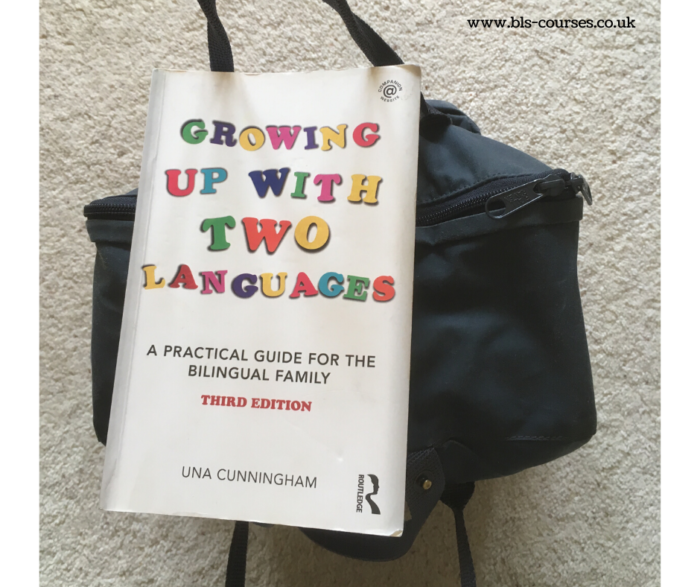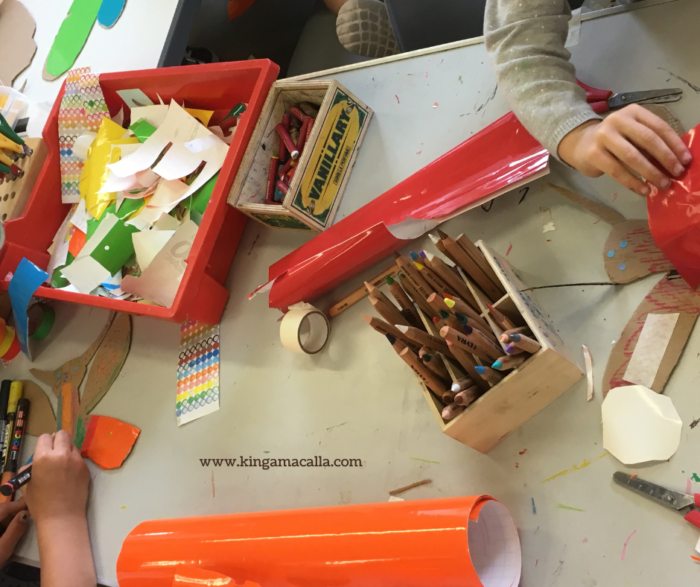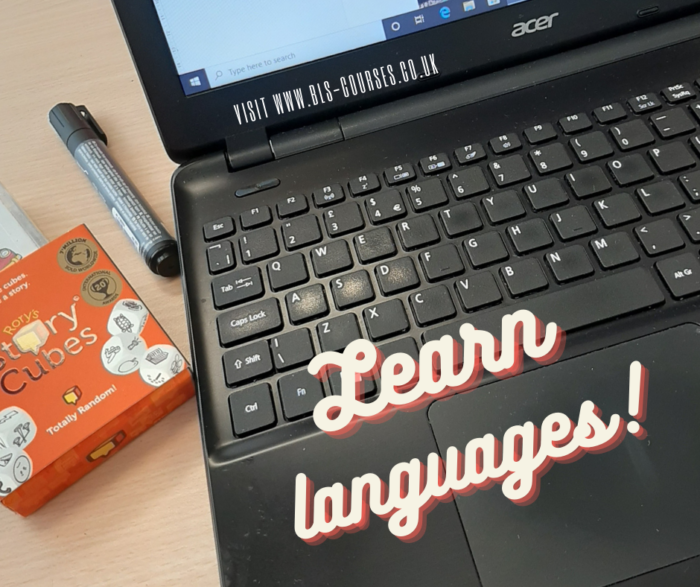You know I’m a huge enthusiast of bilingualism. All three of my children are raised bilingually (Polish and English). I read many books and publications on bilingualism and I feel I am a confident advocate for this phenomenon. However, what struck my attention recently were two stories where bilingualism became a struggle and I wanted to look at those examples to see first, if we can understand bilingualism better, and second, how we can implement bilingualism without sacrificing a child’s overall wellbeing.

Stories
Both stories had the same effect: the introduction of the second language affected the child’s speech. In one case, the child stopped speaking all together (in any language) and in the other example, the child started stuttering (mostly in the second language). They both were raised mostly monolingually, started nursery (second example) and then went to school in England (both examples). They were both sensitive children.
Observation
So now I’d like to analyse a few points here. The first one is an observation. When we want to raise our child bilingually, we need to be sensitive to their language development in two languages. If there are any amber / red lights flashing that something is not right, we need to analyse this deeper. If needed, we need to first speak with close family about it, then the nursery’s or school’s professionals or seek professional help. This is important to act upon any abnormalities as promptly as possible to avoid more stress for the child and also a worsening of the circumstances.

Child’s personality
Every child is different. For some children, starting school with no language skills in the second language is absolutely not a problem, and after a few months, they’re nearly fluent, with many friends. However, other children may not react like that. If they’re shy, introverted or perfectionists, they may find it difficult to express themselves in the second language, to make new friends, or speak when knowing they may make mistakes. Also, we know that from around the age of 3-4, children are more prompted to make friends; if they lack language skills, this may impact their social interactions and make them feel worse or lonely.

Flexibility
When I started my bilingual journey, I was certain how I wanted to have it organised. We spoke mostly Polish at home and English was the language of formal education. However, when we started home-schooling two years ago, this whole philosophy was turned upside down, because suddenly, I needed to speak to them both in Polish and English. I did that (although, our bilingual system is still a bit chaotic; I need to rethink it!). I adapted and I’m glad I did that, because I could observe my middle daughter gaining language skills in two languages, and being more and more confident in using both of them. I could see her struggles and victories and I could comfort her or celebrate with her at the time. With a multilingual family, it’s important to remember flexibility when it comes to plans / routines / goals; we’re humans and we need to adapt our visions to the given reality. I’m not speaking here about giving up, but more about finding ways to accommodate new circumstances or adapting our plans to our children’s actual language needs.

How do you find your child’s bilingualism? What’s your language routine (especially if you’re home-schooling)? Please let me know in the comments below.